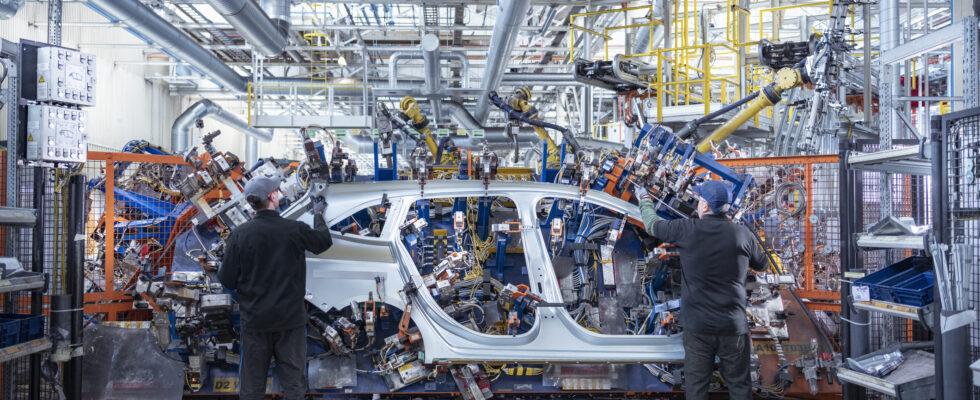Artificial intelligence and machine learning are booming and far beyond the limits of CIOs. The future belongs to professionals who understand how AI will help advance the entire enterprise. In short, technologists must become business leaders, and business leaders must become technologists.
This is according to a new report synthesizing the views of leading futurists from around the world, published by Tata Consultancy Services (TCS).
“AI will push tech professionals to speak the language of business, and vice versa,” predicts Alexandra Whittington, futurist at TCS and co-author of the report. Technology professionals who “were previously only technically proficient will feel the need to develop an understanding of other business functions, from human resources to legal, in order to be effective,” she says.
(Note: The study co-authors used generative AI to add analyzes and write the study, “with close supervision and collaboration with TCS futurologists”).
The pros who manage AI-driven technology and business are the “mechanics of the future”
Future technology careers “will be focused on interdisciplinary knowledge and integration,” Ashok Krish, global head of AI for TCS, also explains in the report. “Professionals will need to view technologies like a mechanic who is not an expert in a particular function of a car, but knows how all the pieces come together to make it work.”
So pros who can manage AI-enabled technology and business are the “mechanics of the future,” says Whittington.
A recent New York Times article echoes this theme. “Technical and computing skills that have been in high demand for decades appear to be among the most exposed to advances in artificial intelligence,” the authors write. “But other skills, particularly the human skills that we have long underestimated, will most likely remain the most enduring. This is an encouraging sign that AI could pave the way for a more grounded world of work, and no less anchored, in human capacities.”
“The willingness to learn will remain the most important skill in almost every industry”
“Skills such as critical thinking, problem solving and understanding complex systems” are increasingly sought after, explains Brian Neuhaus, director of technology at Vectra AI. “Knowledge of network security, systems architecture and IT, as well as soft skills such as leadership and project management, remain essential.”
Neuhaus continues, “Traditional IT functions risk becoming obsolete if they are not adapted to the integration of AI and ML. So it is not a question of which skills will be eliminated, but rather which skills AI and ML can increase to prevent IT and technology functions from becoming obsolete.”
“It is important to consider AI as a means of augmenting human capabilities, not replacing them,” explains Fredrik Nilsson of Axis Communications. “To stay relevant, it’s important to always be learning and making sure you’re ready to leverage the latest tools,” he says.
“Just as the advent of computers gave rise to Microsoft Word and Excel – not to mention tools like CAD – automation and AI have become part of everyday life. To stay competitive in the job market “, employees have had to train themselves on how to use these programs effectively. The same goes for AI. The willingness to learn will remain the most important skill in almost every industry.”
Source: “ZDNet.com”
